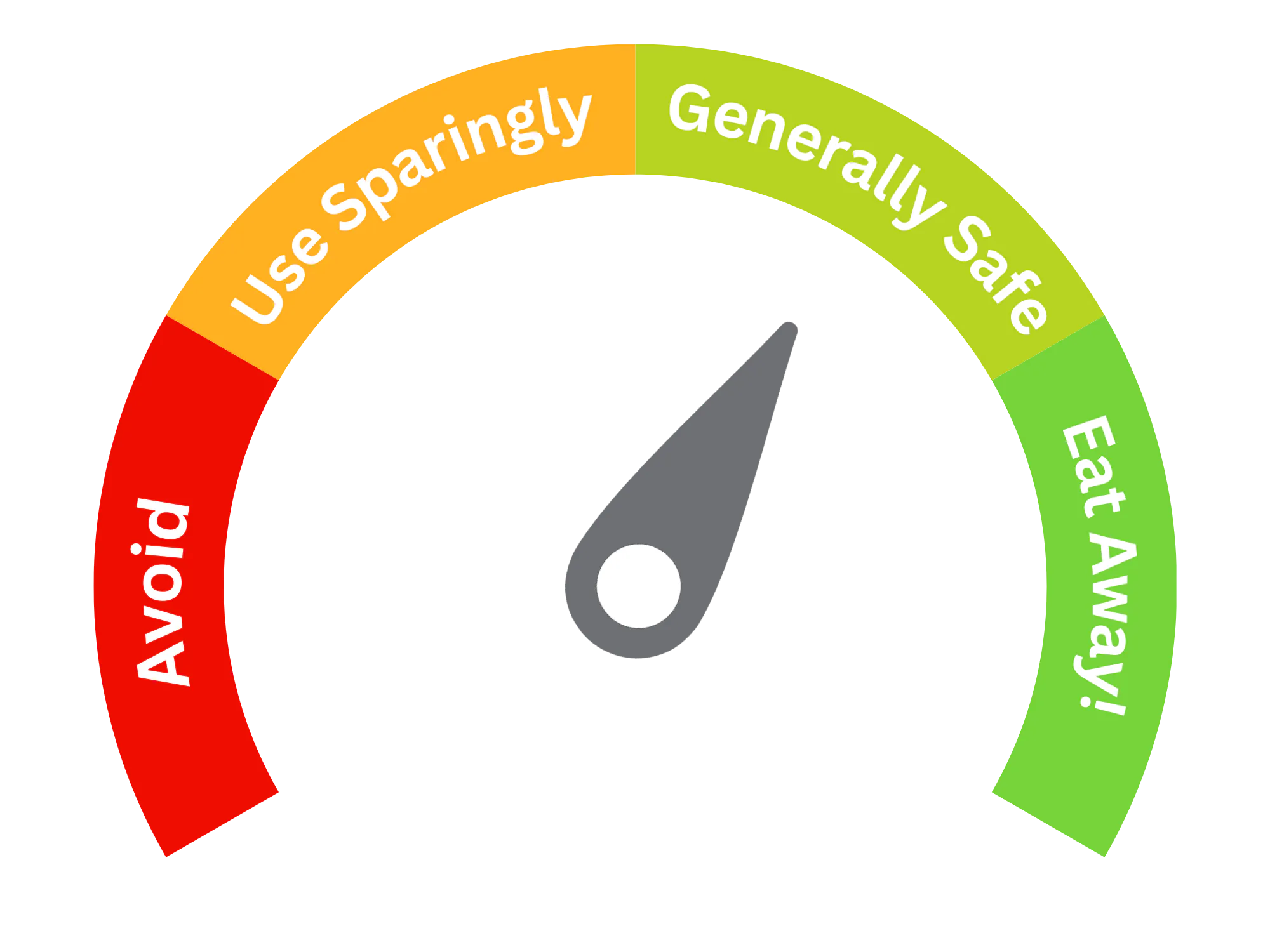Propylene Glycol (E1520)
| Type of additive (Glossary) | Humectants Stabilizers Thickeners |
| E Number | E1520 |
| Chemical Formula | C3H8O2 |
| Also Known As | Propylene glycol α-Propylene glycol 1,2-Propanediol 1,2-Dihydroxypropane Methyl ethyl glycol Methylethylene glycol |

Purpose and Function
Propylene Glycol (E1520) is a versatile synthetic organic compound widely used in the food industry as a humectant, stabilizer, and thickener. Its primary function is to retain moisture, prevent drying, and maintain texture in various food products. Propylene Glycol is commonly found in baked goods, dairy products, condiments, and beverages, where it helps to preserve freshness and consistency.
Beyond its role in food, Propylene Glycol is also utilized in pharmaceuticals, cosmetics, and industrial applications. In pharmaceuticals, it serves as a solvent for oral, injectable, and topical medications. In cosmetics, it acts as a moisturizer and carrier for fragrances. Industrially, it is used in antifreeze, de-icing solutions, and as a coolant in liquid cooling systems.
Key functions of Propylene Glycol in food include:
- Moisture Retention: Prevents food from drying out, extending shelf life.
- Texture Enhancement: Improves the mouthfeel and consistency of products like ice cream and salad dressings.
- Solvent Properties: Helps dissolve food colors, flavors, and other additives evenly.
Potential Risks and Side Effects
Propylene Glycol (E1520) is generally recognized as safe (GRAS) by regulatory agencies such as the U.S. Food and Drug Administration (FDA) and the European Food Safety Authority (EFSA) when used within specified limits. However, excessive consumption or exposure may lead to potential risks.
- Allergic Reactions: Some individuals may experience skin irritation, rashes, or allergic reactions when exposed to Propylene Glycol, particularly in cosmetics or topical medications.
- Toxicity at High Doses: While rare, excessive ingestion of Propylene Glycol can lead to symptoms such as nausea, headache, dizziness, and, in severe cases, kidney or liver damage.
- Metabolic Concerns: Propylene Glycol is metabolized into lactic acid in the body. In individuals with impaired kidney or liver function, this can lead to a buildup of lactic acid, causing metabolic acidosis.
Studies have shown that it is low in toxicity when consumed in moderation. However, long-term exposure to high concentrations, particularly in occupational settings, has raised concerns about potential health effects. For example, a study published in the Journal of Toxicology and Environmental Health highlighted the need for further research on the cumulative effects of Propylene Glycol in food and other products.
